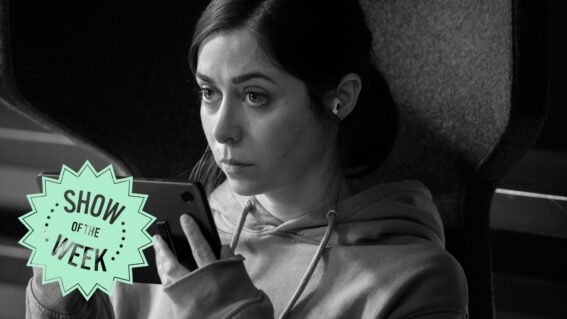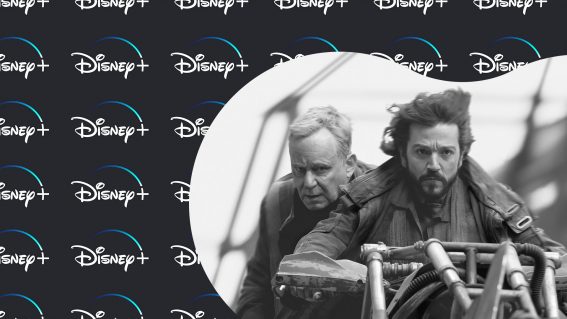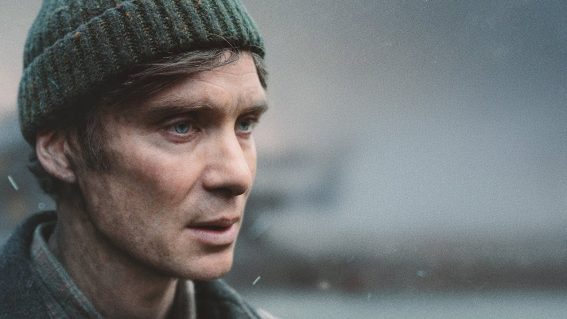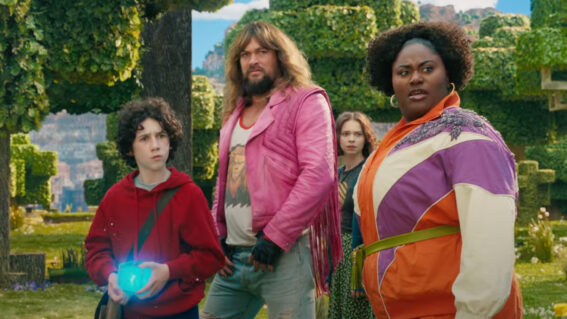The new Quantum Leap leans into sci-fi in a way the original couldn’t
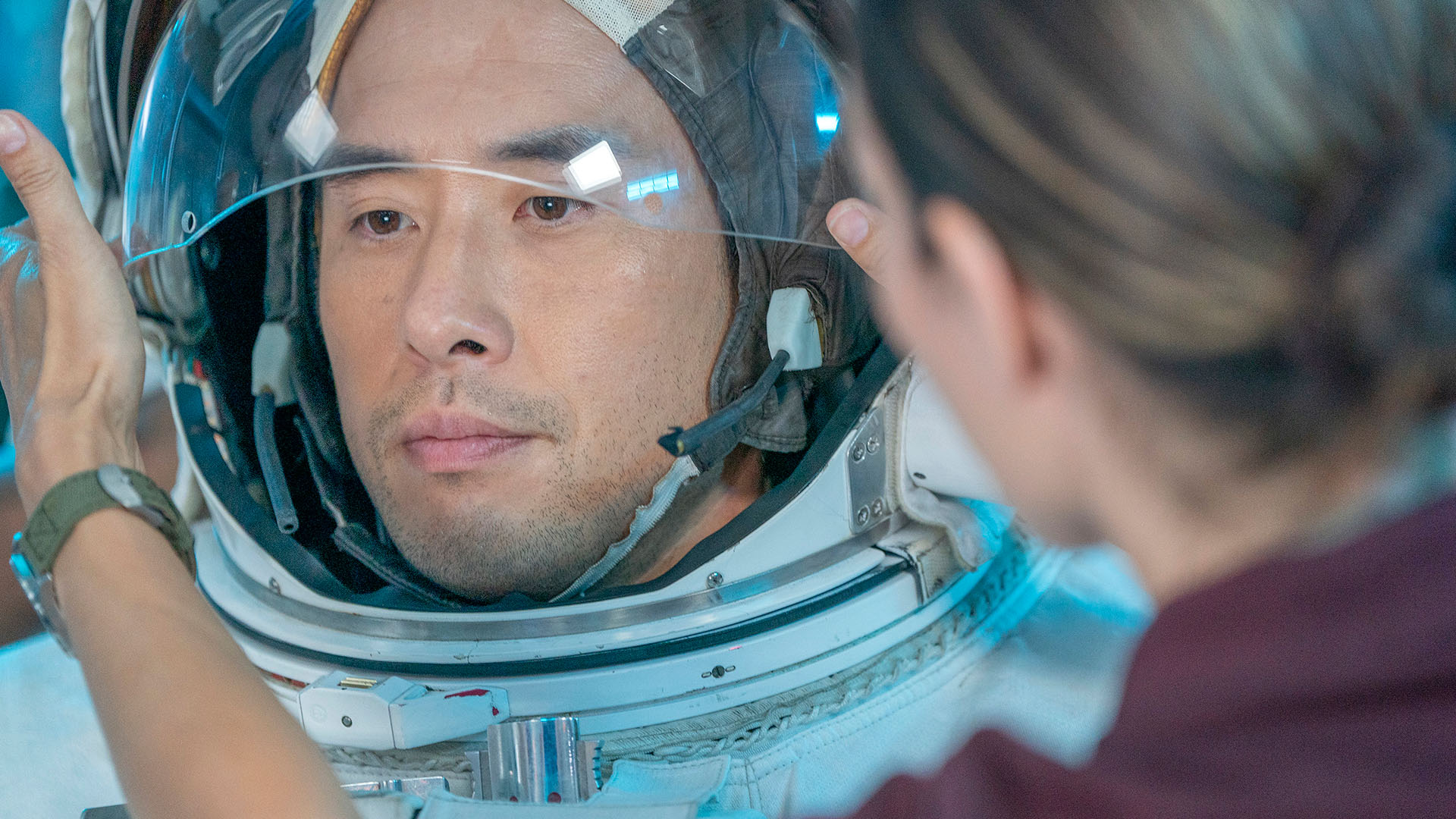

A new sci-fi show travels through time itself by following on from a time travel classic in the form of Quantum Leap – streaming on Neon. Dominic Corry looks back at what made the original tick, and what this new show can add to its legacy.
The original Quantum Leap is a beloved late 80s/early 90s classic still fondly recalled by anyone who saw it. Which of course means that a reboot was inevitable. But instead of starting over, the new Quantum Leap is actually an amped up continuation of the original show—somewhere between a reboot and a legacy sequel. And comparing the two shows highlights all the ways in which TV has changed in the past few decades.
Scott Bakula starred in the OG Quantum Leap across five seasons from 1989 to 1993 as physicist Sam Beckett, who in the (then) near future, has discovered a method of time travelling within his own lifetime.
Ziggy, the nebulous computer that controls the time travel, would “leap” him into other people’s bodies. We would see Bakula, but every other character saw whoever’s body he was in that week.
The process “swiss cheesed” his brain and caused him to forget the circumstances of his actual life, but with the help of his dapper friend Al (Dean Stockwell), who would appear to (only) him as a hologram, it soon became apparent that he showed up where he did to “put right what once went wrong”—i.e. prevent some tragedy or otherwise bad turn of events. After having done so, he would automatically leap into the next character, setting up the following week’s episode.
Why or even how this was happening was only ever hinted at as the show focused on whatever circumstances Sam was facing in a given week.
The format of the series seemed reverse-engineered to meet the needs of weekly network television in the late ’80s: it allowed for Bakula to find himself in an entirely new environment every episode without the plot needing to get him there. A wide variety of sub-genres were embraced—one week might be a naval thriller, the next a family melodrama, then a war scenario.
It was technically a science fiction show, but apart from Al hopping in and out, and the episode-ending leaps, there were rarely any of the visual sci-fi trappings we might expect from a time travel series.
But any limitations faced by the original have been cast aside in the new Quantum Leap, which centres around a team of physicists continuing Beckett’s work in the present.
Raymond Lee (Top Gun: Maverick) stars as Ben Song, the head physicist who in the first episode suddenly decides to (illegally) step into the Quantum Leap accelerator for reasons that are not revealed. This shocks his colleagues, especially fiancée Addison (Caitlin Bassett), who is thrust into the equivalent of the Al “observer” role when they find Ben in the 1980s. But of course, Ben doesn’t remember her, and Addison chooses not to tell him that they are engaged, adding an extra level of tension to their interactions.
Ben himself doesn’t even remember why he stepped into the accelerator, but before they can worry about that, he must drive the getaway car in a heist.
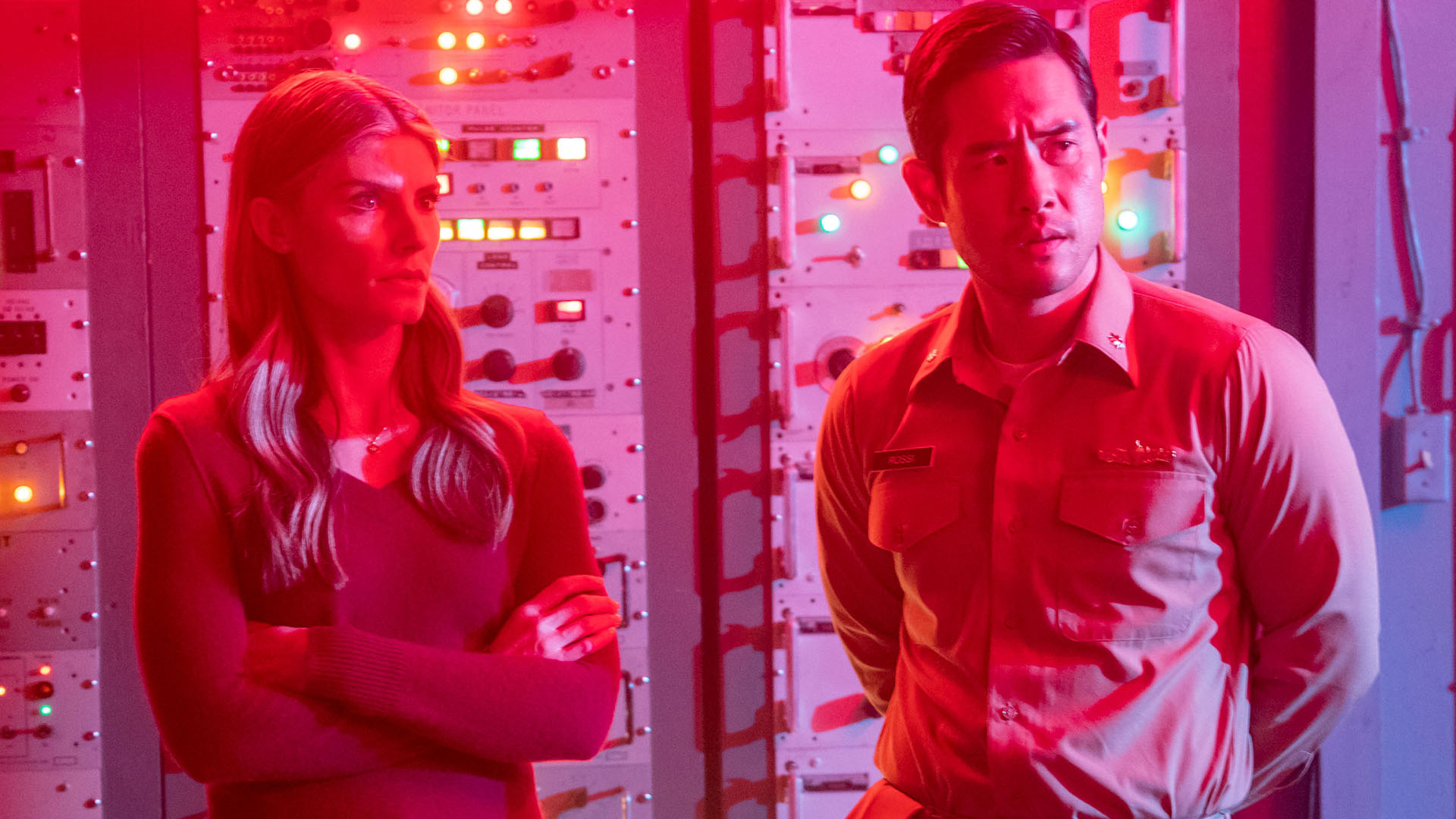
As Addison and Ben’s other colleagues Ian (Mason Alexander Park), Jenn (Nanrisa Lee) and Magic (Ernie Hudson) attempt to work out what happened and bring Ben home, he finds himself in an increasingly perilous series of wrong situations that he has to put right.
I remember being frustrated with how little of “the present” we got to see in the original Quantum Leap, so it’s gratifying to see lots of it in the new show, which builds on the episodic nature of the original format with the kind of underlying mythology and ongoing mysteries that we’ve come to expect from modern genre TV. There were some tantalisingly teased serialised elements in the original, but this new version goes all in that stuff.
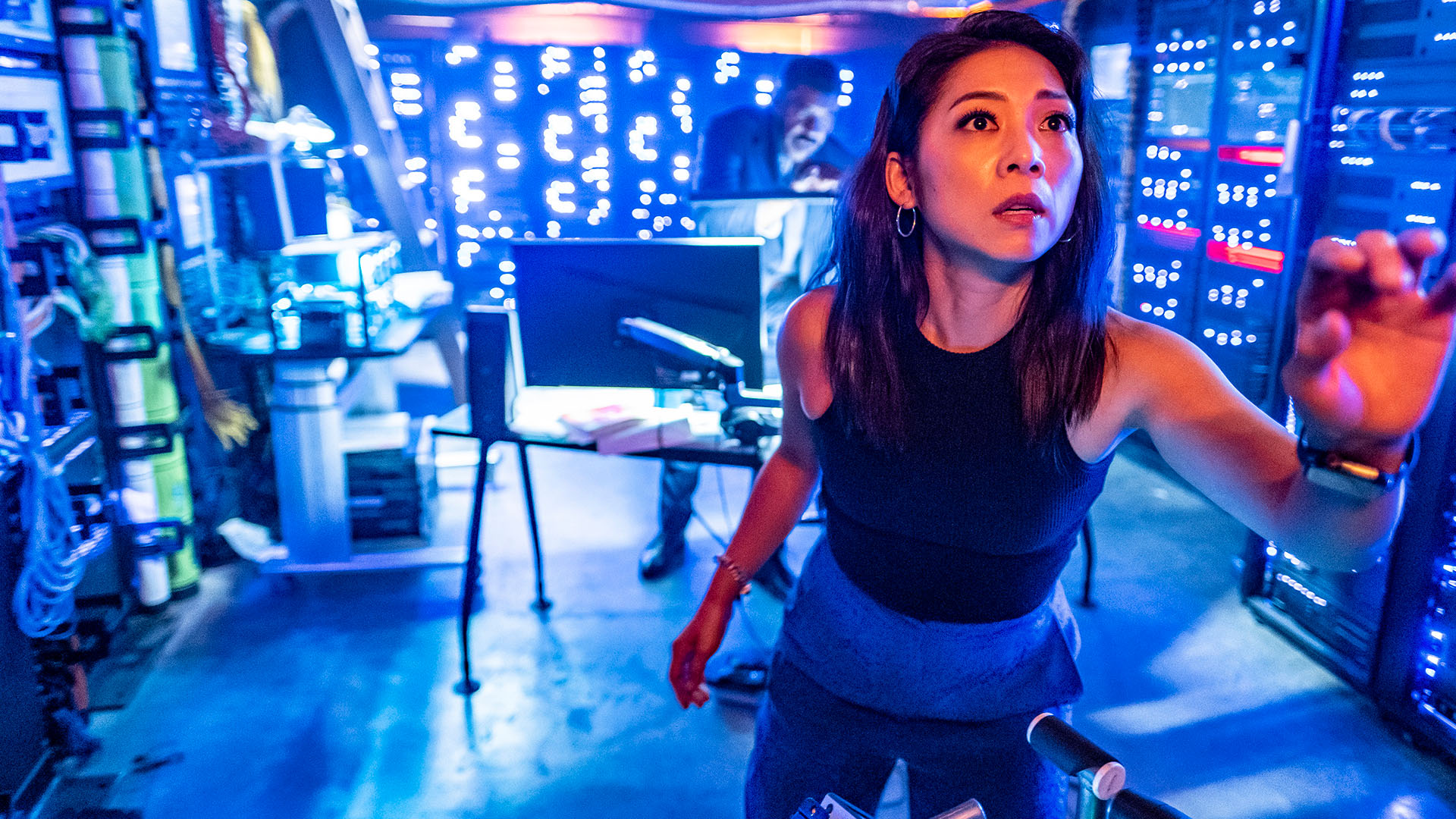
It also very much lives up to the sci-fi of it all thanks to advances in the kinds of special effects that are achievable on weekly TV show budget. The Quantum Leap accelerator in the first show was a wind machine and a blue light, but the new one has big swirly rings à la Contact. And a blue light. Plus its exact nature is more of a running thread.
Another constraint of the original was the relatively small window of time that Sam could jump into—that is not the case in the new show, which will eventually see Ben in the wild west, amongst other time periods.
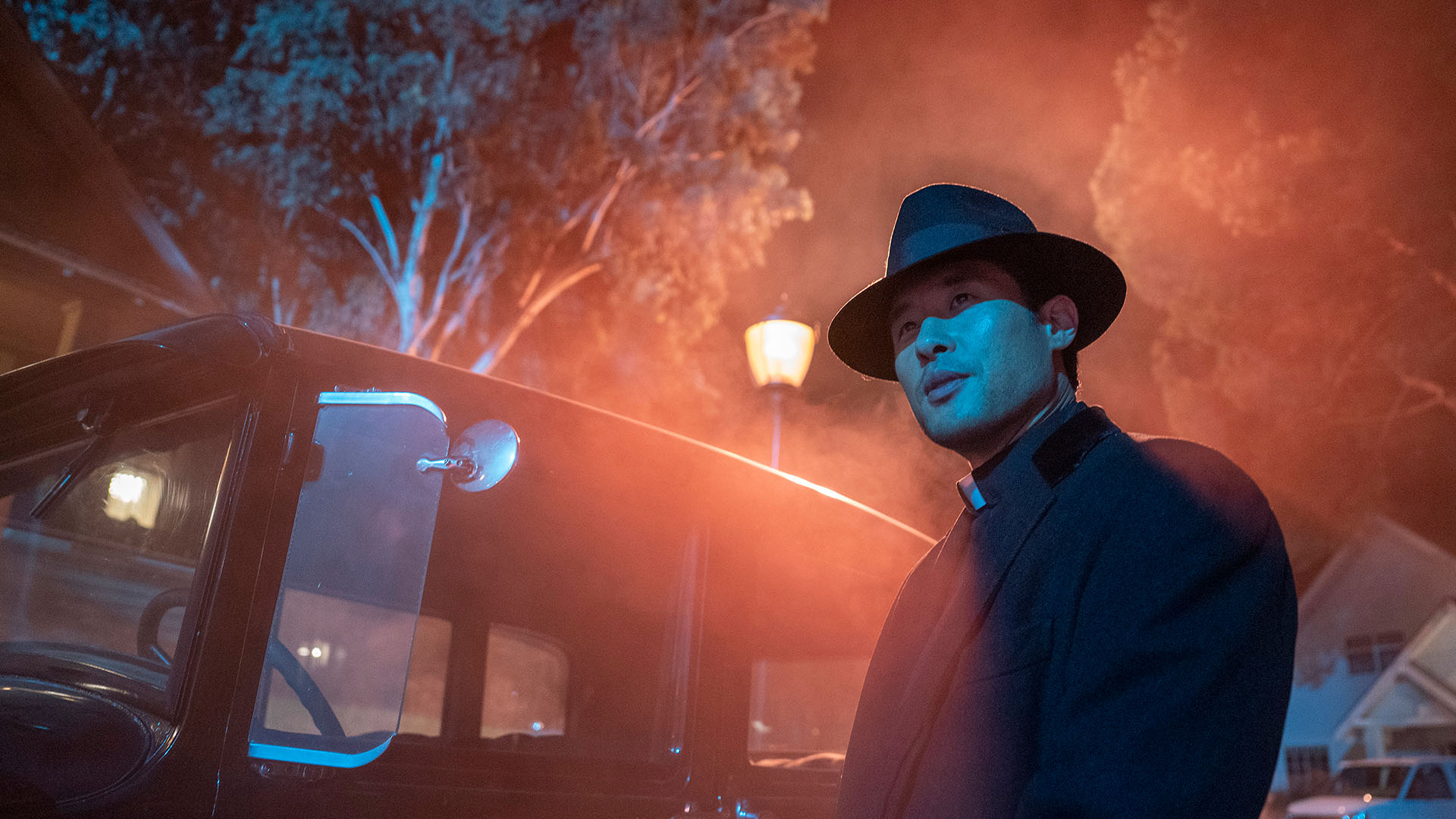
You’ve probably realised by now, but Bakula is not involved in the new show. Sam Beckett is certainly mentioned a lot. It was apparently Bakula’s decision not to participate, but the producers say the door is open for him to return.
In episode one, a character articulates what was stated at the end of the final episode of the original series, that Beckett (misspelled as ‘Becket’) “never returned home”. Might this series end up contradicting that? We’re dealing with time travel here, so anything is possible.
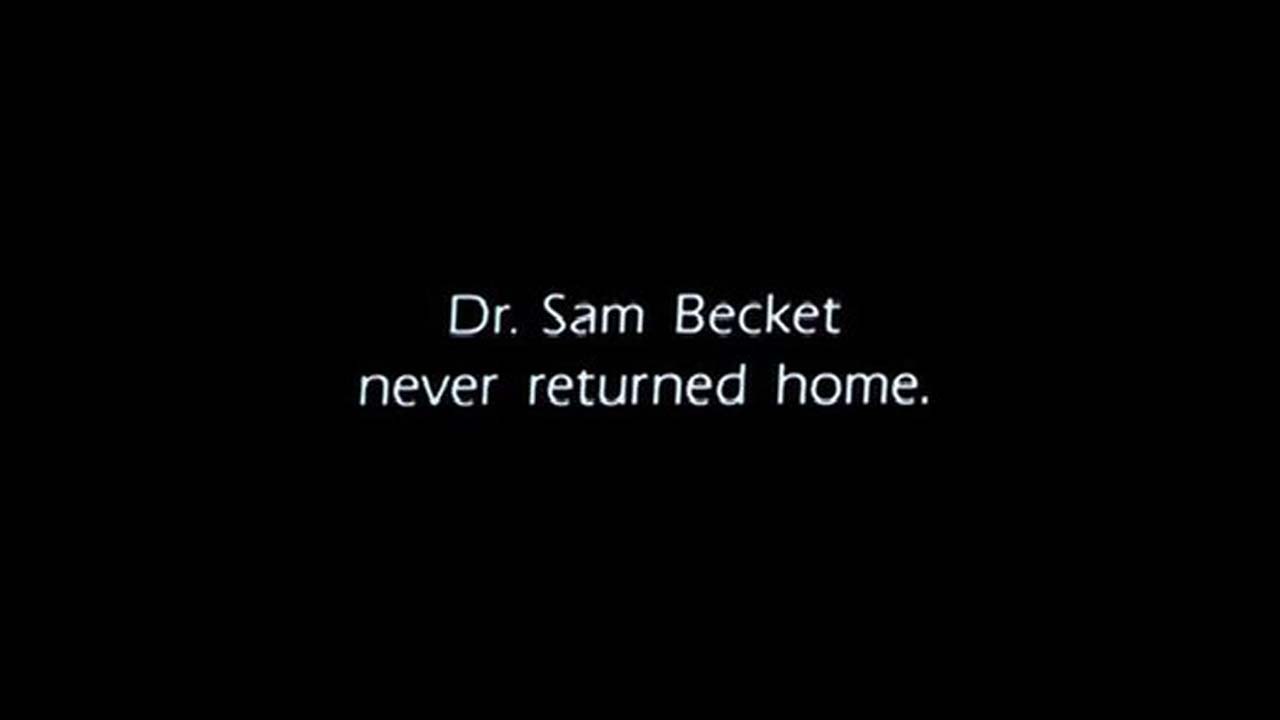
But despite Sam Beckett’s absence, the new show does have a tangible connection to the original series in the form of Hudson’s character, Herbert “Magic” Williams, who was a young soldier in Vietnam that Sam leaped into in a season three episode. He grew up to run the Quantum Leap programme, which is a military operation.
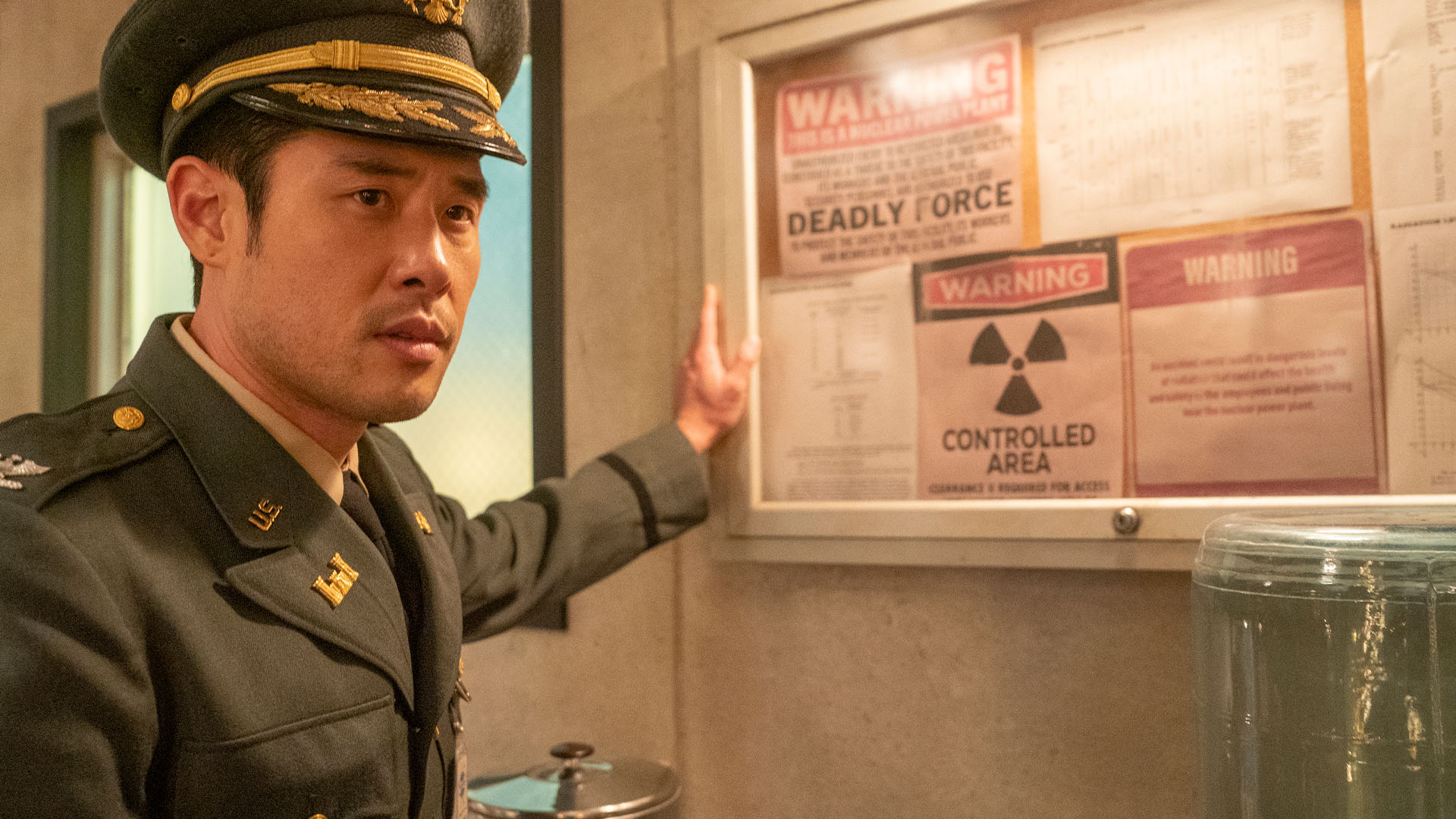
The new Quantum Leap presents a unique approach to the legacy sequel series—there’s enough of the original’s heart to get you invested, but there’s a whole lot of other things going on too.
The original show was a contained drama that claimed to be a sci-fi show. The revival? A legit sci-fi actioner, a romantic drama and a mystery box thriller.




